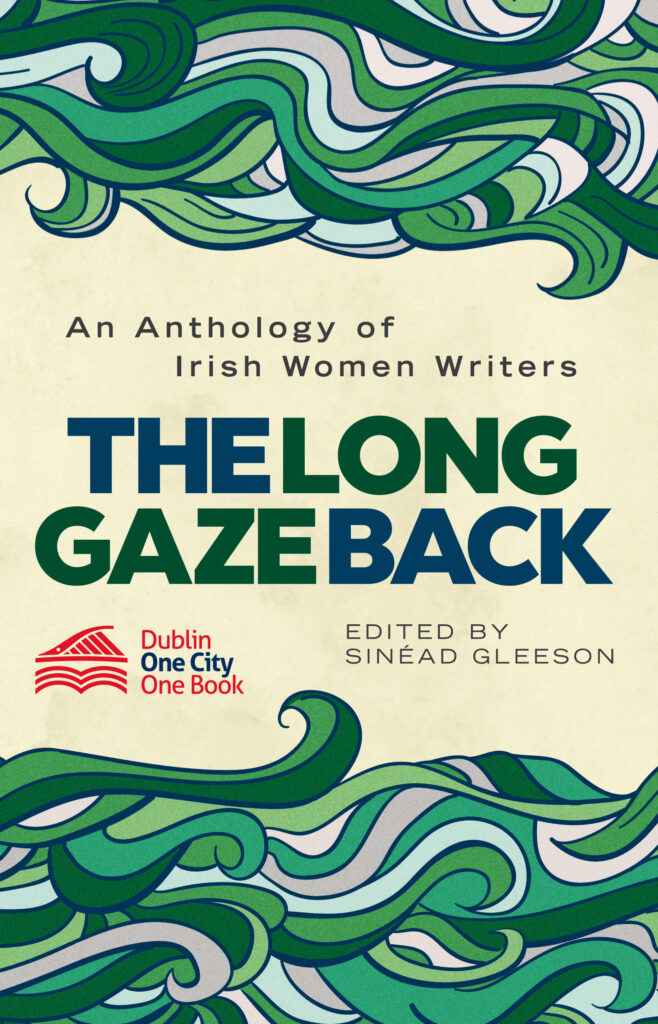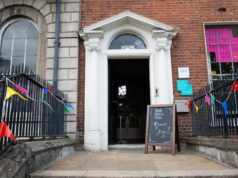“I feel like I’ve been having a one-sided conversation with Norah Hoult for years …”
A feature by Laura King
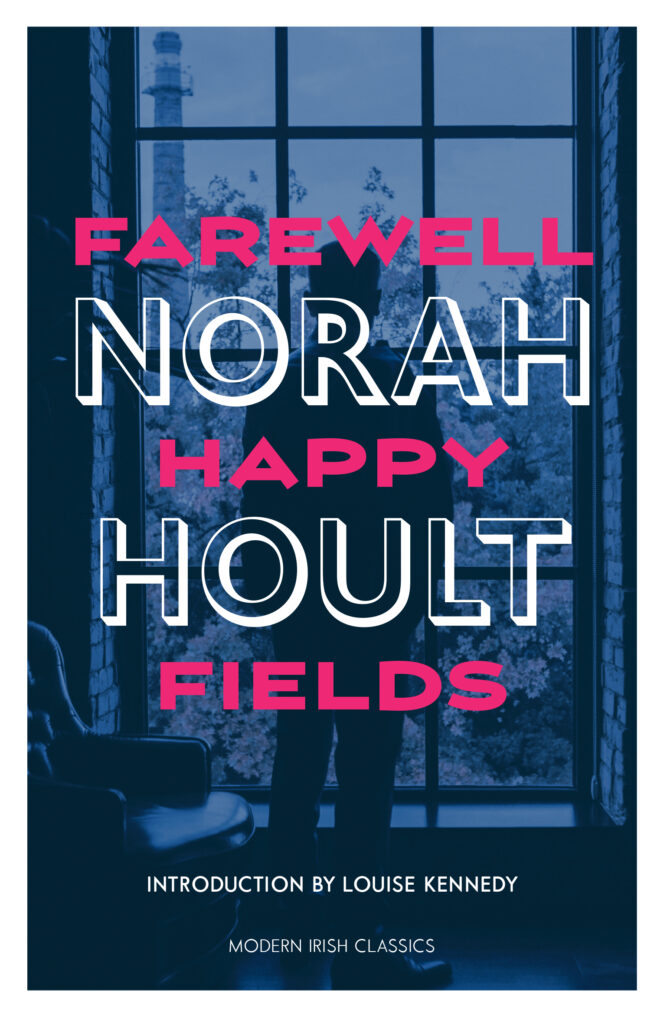
I discovered Norah Hoult, who was born today in 1898, when in 2018 I read the fantastic The Long Gaze Back, edited by Sinead Gleeson. Since then, I’ve read almost everything I could of Hoult’s work, but my knowledge of her life is limited to the introductions to her books that are currently in print. To put it another way, I know enough about Norah Hoult to know that she is a Virgo, but I wouldn’t know enough about her to venture a guess as to what she would think of star signs. Before reading this collection I assumed that many of the writers involved had been overlooked at their time of publication, but Hoult was a well-regarded and prolific writer who either just fell out of fashion or didn’t fit neatly within a canon of writing at that time. Her duel Irish and English identities, having born into a mixed marriage, and the fact that her books aren’t only or overtly Irish marks her apart from other Irish writers at the time, and she was censored for many years because of how she wrote about women and sex and relationships. Just as Doireann Ní Ghríofa beautifully wrote about her connection to Eibhlín Dubh Ní Chonaill in A Ghost in a Throat, who died centuries before Ni Ghriofa was born, I feel like I’ve been having a one-sided conversation with Hoult for the past two years.
Gleeson’s championing of the author in interviews about The Long Gaze Back made me take note of Hoult’s ‘When Miss Cole Made the Tea’, a standout story in such a strong anthology. It is clever and witty and struck me as being very modern, but at that time I didn’t realise just how modern Hoult’s work really was. I was delighted when New Island republished Cocktail Bar, the collection in which the story first appeared, and the stories are some of her most explicitly Irish which made it a good candidate to republish first. Wanting to read more, though most of her work seemed to be out of print, I turned to the National Library of Ireland. There, I read her collection Nine Years is a Long Time, the title story of which can be found in the first anthology of short stories published by Persephone Books. This is probably my favourite piece of writing from Hoult. It seems to encapsulate everything I love about her; it is funny, with some great dialogue, and deals with subjects such as sex work that I didn’t think I would read about in a short story from the 1930’s, which would shock some people today too, really bringing home to me how ahead of and out of her time Hoult was.
There Were No Windows has been kept in print for many years by Persephone Books, which I delighted in visiting while I was in London that year. This novel, set during the Blitz is no ordinary depiction of wartime life but is horribly honest and unforgiving picture of old age and dementia, of memory and power and is not only one of my favourite novels, but one of the saddest books I have ever read – approach this one with caution! Farewell Happy Fields was later republished by New Island and is a dark and addictive read that managed to surprise me yet again. It appears Hoult took all the conflicts of her upbringing and her experience of how religion could interfere with the freedom of people, especially women, to inform this novel.
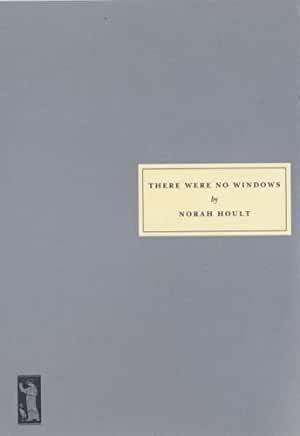
It just so happened that when I read most of the books I mentioned here, it was early in 2018 in Ireland where conversations about women’s reproductive rights were being debated everywhere I turned. I felt, reading these stories, that we were in conversation about the same subjects that women have always experience and discussed, and the gap in time between us disappeared. It feels like such a shame to me that Hoult is not mentioned more often in conversation about Irish feminist writing, and she isn’t recognized as a prominent Irish author. I’m so grateful for her getting more attention lately through The Long Gaze Back and some of her work being republished, which I hope helps more readers find their way to Norah Hoult.
***
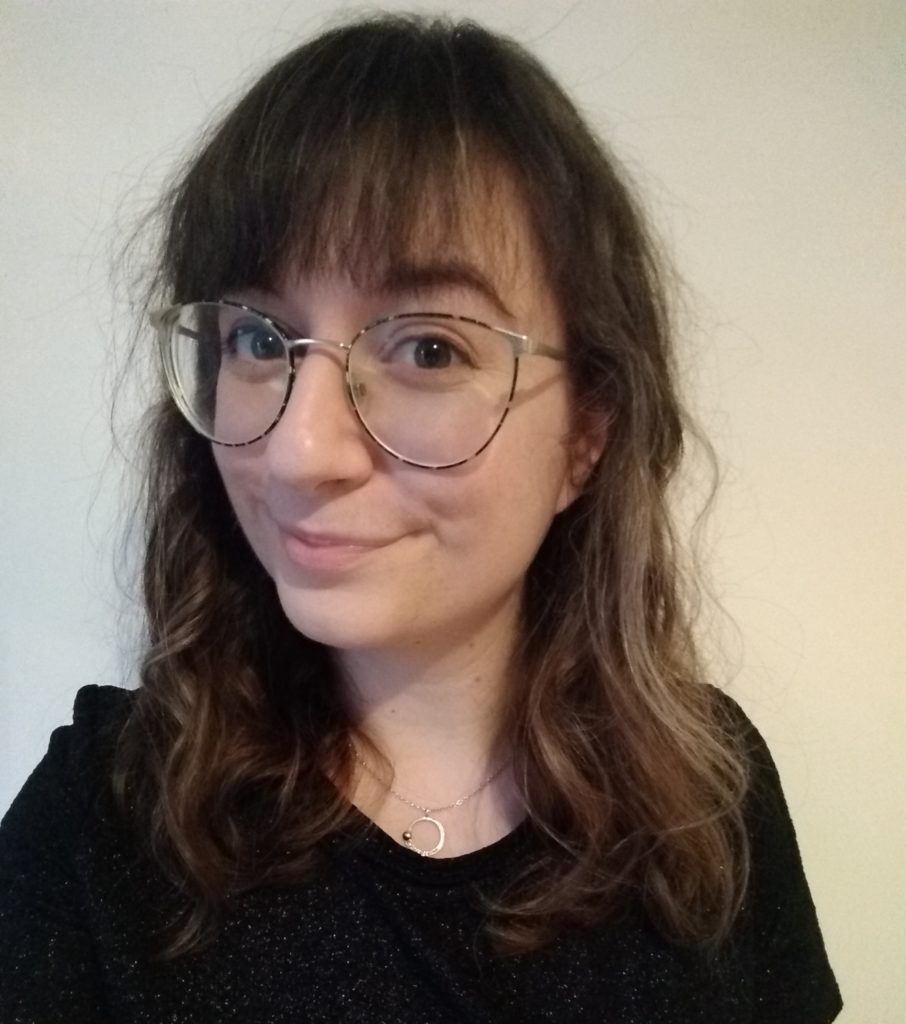
Laura King works in publishing in Dublin, and in her spare time reviews books online under the name @lauraeatsbooks







